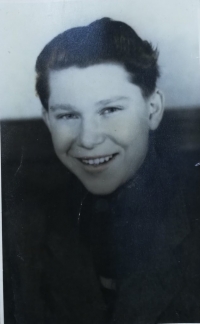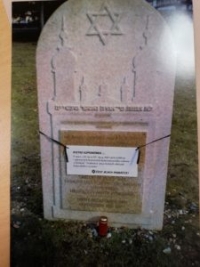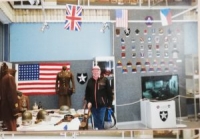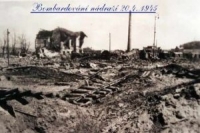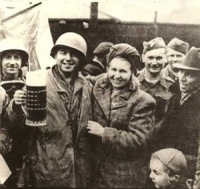Many lives were sacrificed so that we could live
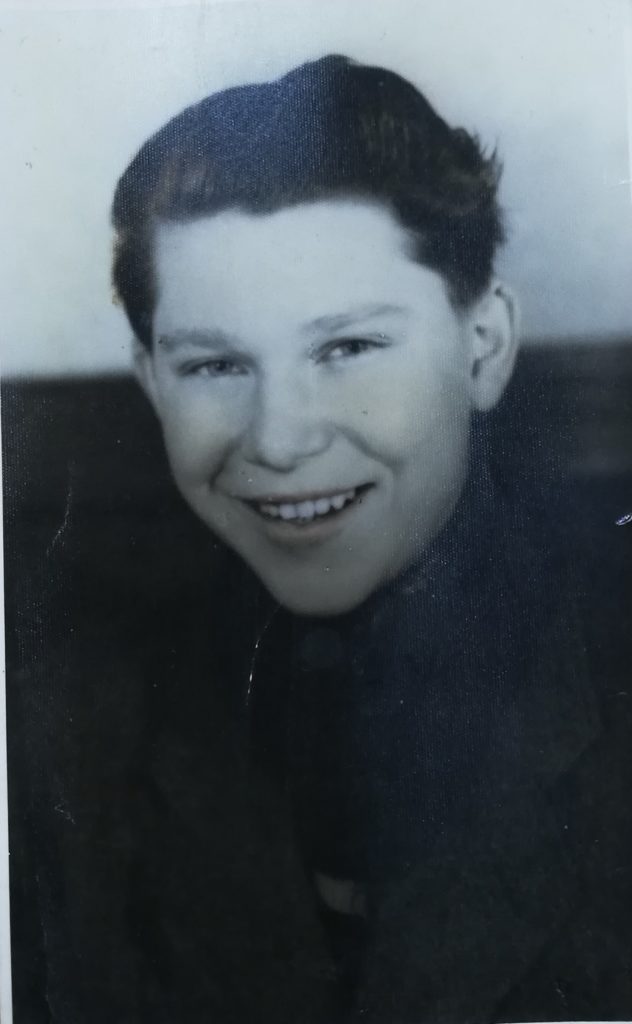
Download image
Otakar Němec was born on March 8, 1935 in Klatovy. His father Jan Němec made a living as a sawmill worker and his mother Marie Němcová was a housewife. His brother was born 12 years later. The family lived through the Second World War in Klatovy, they supported the resistance there with small activities. A great experience for Otakar Němec was the liberation of Klatovy by the American army in 1945. A year later, the whole family moved to Mariánské Lázně, where the expulsion of the German population was still taking place. The family got a house there after them and settled there permanently. Otakar Němec trained to be an electrician and worked in a municipal construction company. He later finished school and worked there as a project architect. In the 1950s, he met his future wife, Marcela Švandová, who also came to Mariánské Lázně only after the war, when she fled with her father, mother and brother from Subcarpathian Rus. On their vacation in Bratislava, they experienced the events of August 1968. In 1975, the Němecs had a daughter Marcela. They lived through the years of normalization in Mariánské Lázně in 1989 and were still living there at the time of the interview (2021). After the November coup, Otakar Němec became fully interested in history, it had already been one of his hobbies before. He became an active participant in the annual celebrations of the liberation by the American army in Pilsen and also a supporter of the restoration of the original Mariánské lázně synagogue. He was also searching for the fate of his Jewish classmates who went from Klatovy for concentration camps.
